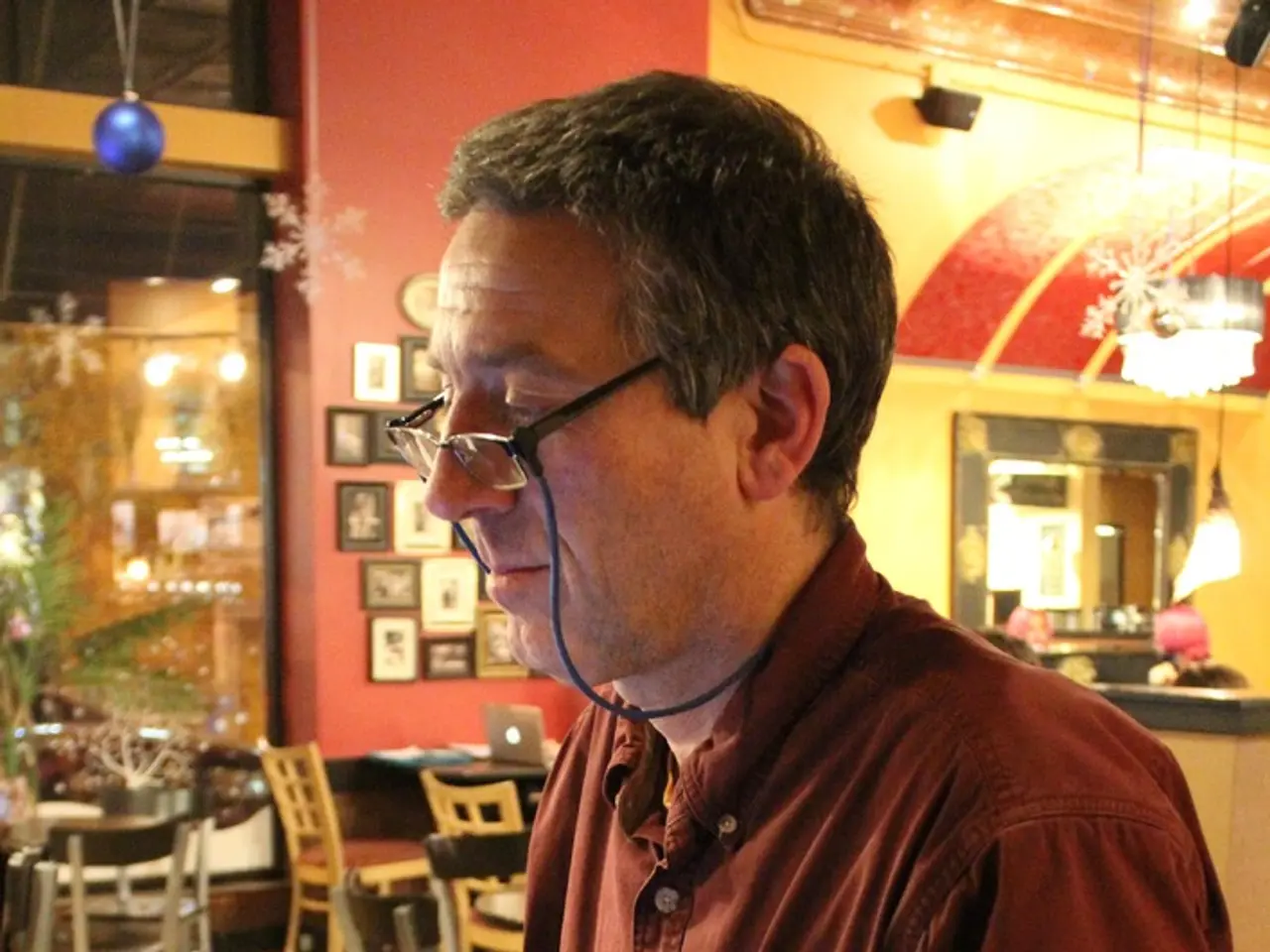Trump's initiative to abolish birthright citizenship encounters doubt from another appellate court
The First US Circuit Court of Appeals is currently considering a case challenging President Donald Trump's executive order seeking to end birthright citizenship. This order, titled "PROTECTING THE MEANING AND VALUE OF AMERICAN CITIZENSHIP," was signed by President Trump on January 20.
The executive order aims to restrict birthright citizenship for children born in the U.S. to mothers who are unlawfully present or temporarily lawfully present, and fathers who are not U.S. citizens or lawful permanent residents. However, a federal court in New Hampshire has issued a preliminary injunction and certified a nationwide class that protects the citizenship rights of all children born on U.S. soil from being denied citizenship under this order.
Judge Julie Rikelman of the First US Circuit Court of Appeals stated that the Trump administration is asking the court to adopt the dissenting opinion issued in the 19th century case, United States v. Wong Kim Ark. Judge Rikelman further clarified that the court is required to apply the majority decision, not the dissenting opinion.
The government has sought appellate relief but has not succeeded in obtaining a stay from the First Circuit to allow enforcement pending further review. As a result, the executive order remains enjoined and unenforceable nationwide following the federal district court's ruling.
This ruling aligns with prior concerns about the constitutionality of denying birthright citizenship as guaranteed by the 14th Amendment, upheld in United States v. Wong Kim Ark (1898) and reaffirmed by numerous legal authorities.
Three lower courts issued preliminary injunctions earlier this year that prevented Trump from implementing any part of his policy. Among those rulings was a nationwide injunction, which barred Trump from enforcing his order anywhere in the country.
The panel of First Circuit judges had previously declined to lift those rulings while the cases unfolded and the case was appealed up to the Supreme Court on an emergency basis. Last month, the 9th US Circuit Court of Appeals sided against Trump in a separate case.
The First Circuit Court of Appeals spent two hours examining Trump's Day One order, but no decision has been indicated by the judges regarding when they will issue a decision. The judges asked questions that were somewhat critical of technical arguments being pushed by some of the challengers in the cases, but showed no support for Trump's attempt to rewrite how birthright citizenship works in the U.S.
If the First Circuit Court of Appeals upholds the lower court's ruling, it could ultimately be appealed up to the Supreme Court. Until then, the executive order remains blocked, and the rule remains that "everybody who is born here is a citizen or subject," as stated by Judge Rikelman.
[1] CNN
[2] NPR
[3] The New York Times
[4] The Washington Post
- The ongoing case in the First US Circuit Court of Appeals, challenging President Trump's executive order on birthright citizenship, is a significant event in the realm of politics and policy-and-legislation, receiving extensive coverage in general-news outlets such as CNN, NPR, The New York Times, and The Washington Post.
- The court's examination of President Trump's Day One order, concerning the issue of war-and-conflicts-related policy and the alteration of birthright citizenship, has sparked discussions about the Constitution's interpretation and the limits of executive authority, influencing the political landscape both domestically and globally.






